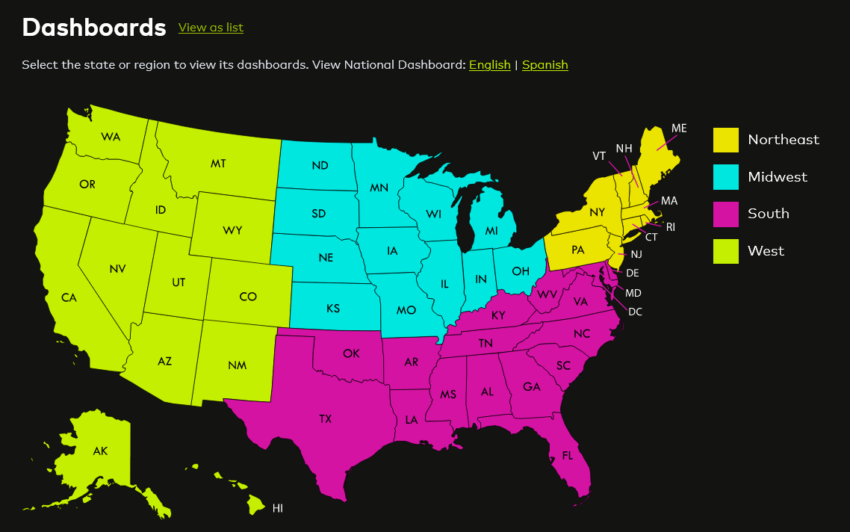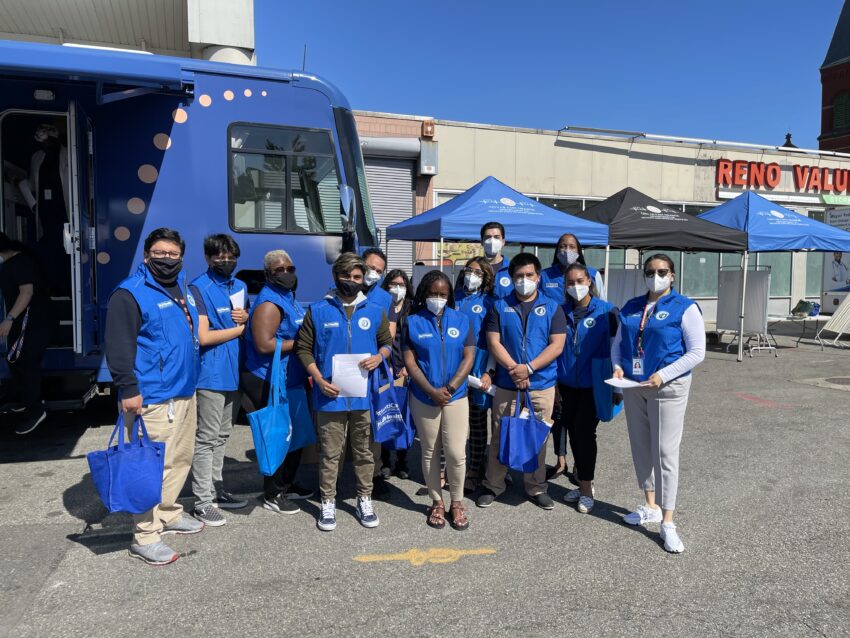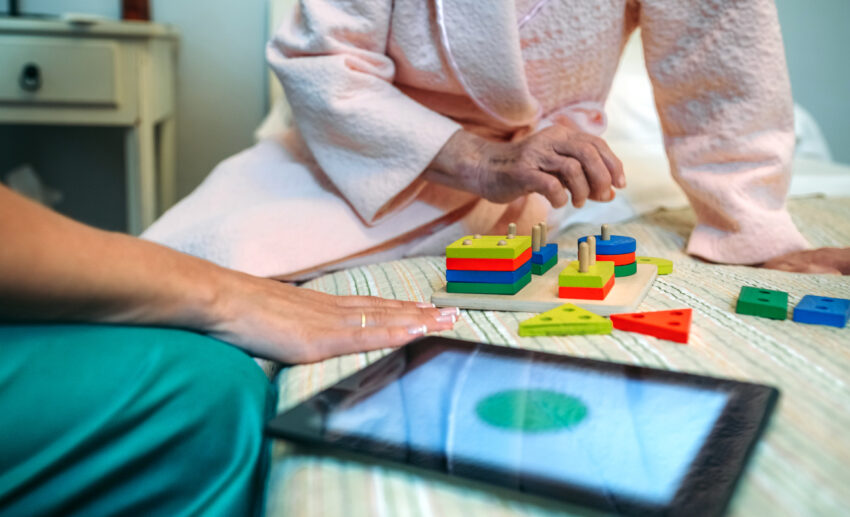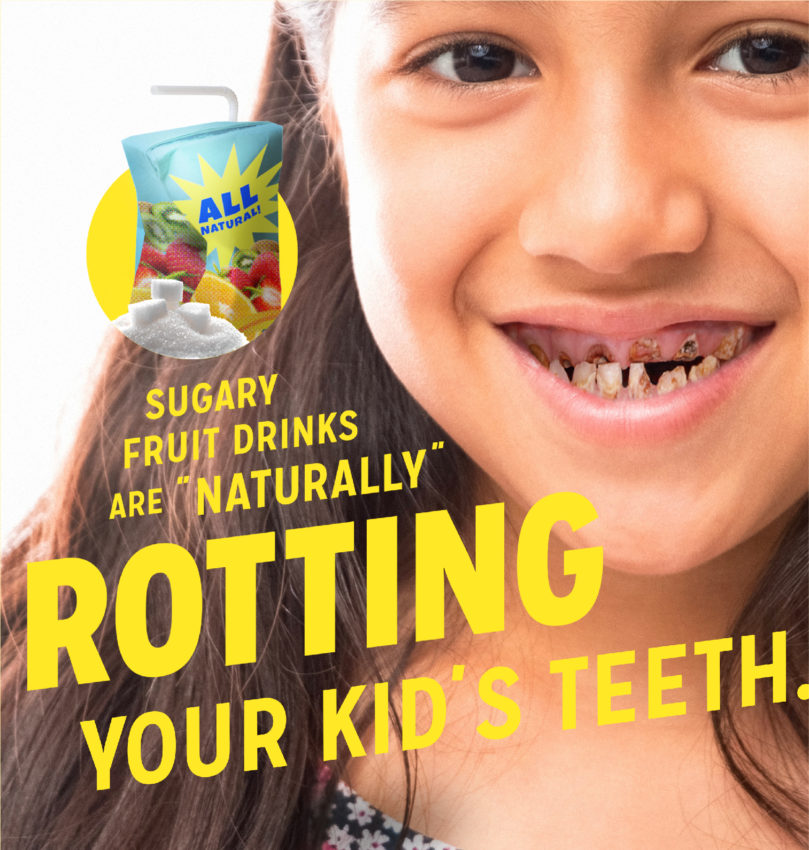Latinos Have Highest Rate of Physical Inactivity, Due to Structural Barriers
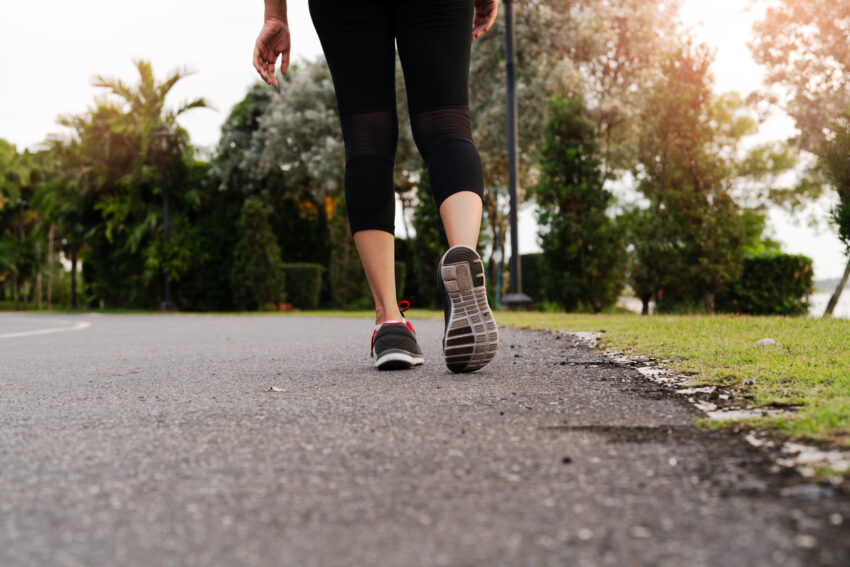
32.1% of Latinos are physically inactive outside of work, putting them in danger of health issues from obesity to cancer, according to a new report from CDC. This is the highest percentage of inactivity among racial/ethnic groups. The disparity is largely due to structural barriers like lack of access to safe and convenient places to exercise, according to the report. “Reducing physical inactivity requires a comprehensive effort from many groups—including states, communities, worksites, and individuals—to make it easier for everyone to move more,” according to the CDC report. Learn more about the data on physical activity, reasons why Latinos have higher rates of inactivity, and what can be done to make physical activity more equitable and accessible for Latinos and ...
Read More
